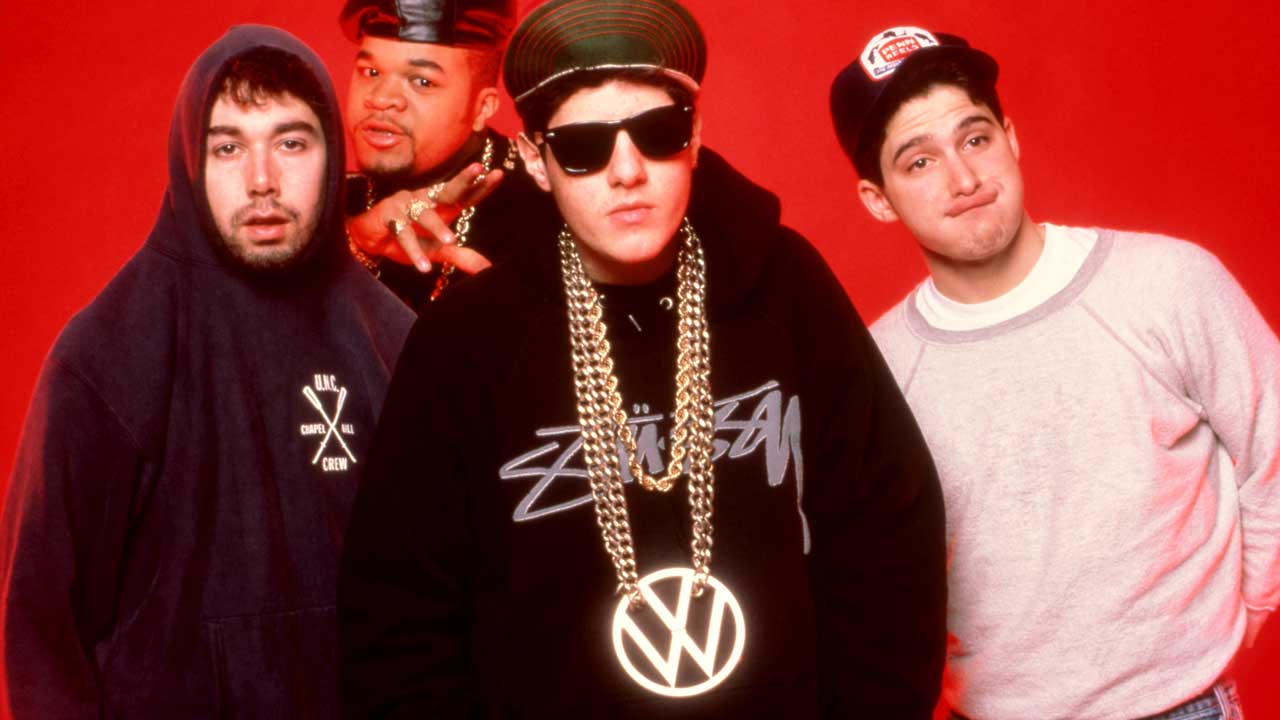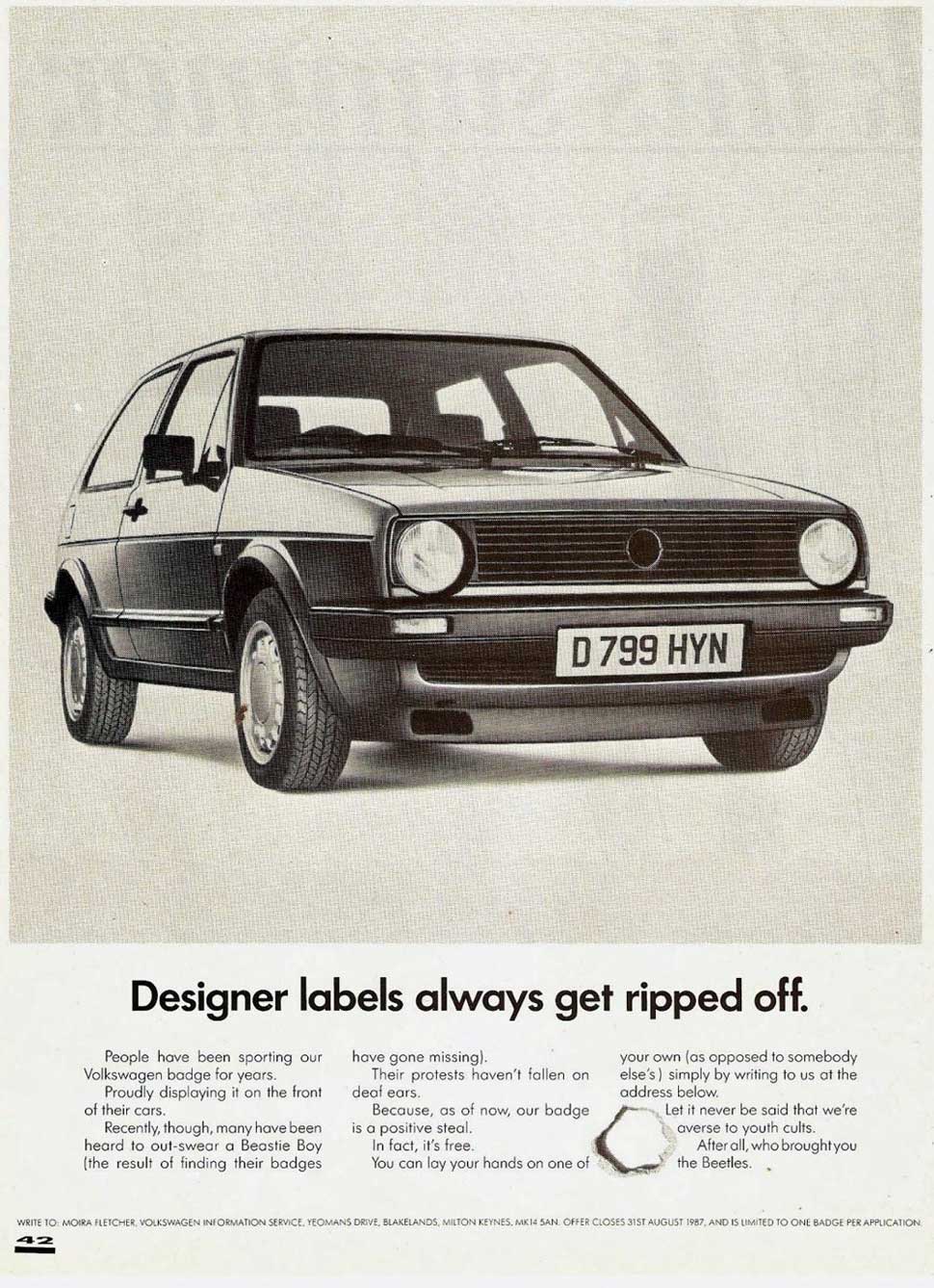Fight for your right to create havoc: How the Beastie Boys caused a crime wave
The Beastie Boys video that had unintended consequences: thousands of Volkswagon owners complaining that their Beetles and Golfs had been vandalised

In the spring and summer of 1987, motorists across Britain and America noticed a curious phenomenon. Owners of VW cars were complaining in their thousands of finding that their Beetles and Golfs had been vandalised – in a rather strange way.
Rather than having their headlights caved in, windscreen wipers snapped off or paintwork scratched, or even the dust on the bonnet being inscribed with the words “Clean Me!”, these cars and vans were finding holes in the front grille, where the VW badge used to be.
While few of the actual culprits were ever caught, it didn’t take too much detective work to work out why this particular crime was snowballing in popularity.
In March of that year, the Beastie Boys chalked up their first major transatlantic hit with (You Gotta) Fight For Your Right (To Party), a rabble-rousing rock-rap anthem promoted with a memorably daft video featuring the trio gatecrashing some kids’ home with their delinquent mates to wreak havoc after the young residents had decided to throw a party and “hope no bad people show up”.
Beastie Mike D sported a memorable look which parodied the gold chains of his fellow rappers by hanging a VW badge on a chain around his neck. Naturally, every Beasties fan from Brooklyn to Brixton wanted to emulate the look.
You could, at that time, buy one of these badges from the manufacturer for £4 or so, but that would hardly be in keeping with the transgressive philosophy the Beastie Boys were promoting. So a wave of cars got “Beastie’d”.
The craze reached its peak when the band toured the UK with Run DMC in May. Wearing a T-shirt might be one way of showing your allegiance, but surely, a VW badge medallion would be going the all-important extra mile, right?
Sign up below to get the latest from Classic Rock, plus exclusive special offers, direct to your inbox!
The thefts reached epidemic proportions, with Volkswagen reporting that in the wake of the tour, around 250 customers a day were asking for replacement badges to patch up their vandalised grilles. And they weren’t the only ones – BMW and Mercedes owners were also reporting disappearing emblems, presumably from fans who felt the need to be a little more original while still broadly obeying the dress code in spirit. Or maybe they were just lazy. As one car repairer helpfully told a BBC News report about the Merc badge, “That one’s easy. They just snap it off.”
Like any marketing department worth its bonuses, VW’s PR operation managed with some success to turn a negative into a positive. They launched a magazine and newspaper ad campaign headlined “Designer labels always get ripped off”, explaining that they were only too aware that their customers had recently “been heard to outswear a Beastie Boy”. From now on, they announced, replacement badges would be supplied free (and presumably fans could also get their hands on them to further advertise the brand). “Never let it be said that we are averse to youth cults,” the ad explained. “After all, who brought you the Beetles?”
And with the badges now free, Beastie fans everywhere were given extra licence to ill.

Johnny is a regular contributor to Prog and Classic Rock magazines, both online and in print. Johnny is a highly experienced and versatile music writer whose tastes range from prog and hard rock to R’n’B, funk, folk and blues. He has written about music professionally for 30 years, surviving the Britpop wars at the NME in the 90s (under the hard-to-shake teenage nickname Johnny Cigarettes) before branching out to newspapers such as The Guardian and The Independent and magazines such as Uncut, Record Collector and, of course, Prog and Classic Rock.

